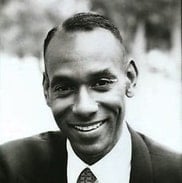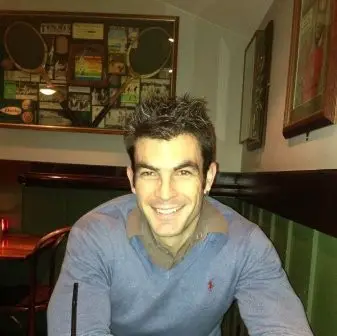Day in the life of
Event Planner – Greg Jenkins

I am an event planner with more than 30-years of professional experience.
In the events industry, there is no typical day. Everyday is likely to be different because of the nature of each project, campaign, scale, and scope of the event — and the challenges and risks that will need to be addressed.
A day might entail conducting site inspections for a client, designing and brainstorming an event for another, working through the risk assessment management for another, and putting together an event production team for another client.
When working on festival-type events, the days will be filled with training volunteers, assigning booths for exhibitors, working through logistics with equipment rentals for setup, coordinating details with the city as it pertains to permits (health, safety, temporary building, and parking), etc.
Some tasks that take up the greatest amount of time are site inspections and working through all details as it pertains to scheduling timelines and logistics. Timing is everything in coordinating load-in/load-out for the event team and vendors — and conducting thorough due diligence and creating back-up plans for each component of the event. For example, working through all power and safety requirements is a task that one has to walk through with a clear mind and wide eyes.
Client relations is another task that takes up a great deal of time. The customer service component and treating each client as if they were your only client takes up time but is worth it. The administrative aspects such as budget planning and oversight take up some degree of time too.
Lastly, researching and putting together the best production team for a particular project requires some time. Everything has to be the right fit for that particular event and to achieve that client’s specific goals and objectives.
Pros
- Events have a beginning, middle, and end. Because they are projects, there is always an end in sight. There is closure, whereas, in some industries, each day blends into the other.
- Events are different in many ways, which makes the average day less-than-routine. A product launch is different than staging a corporate holiday party and awards program. The diversity in projects keeps it interesting and exciting.
- Goals are set and when they are met and the client is thrilled by the outcome, there is a great sense of reward and recognition.
- While stressful, the work itself is exciting. You work with lots of different people, companies, and encounter different experiences which aid in personal growth.
- The creative process in designing a function and seeing it come to life is definitely rewarding.
Cons
- Because the work is stressful, one is likely to encounter quite a few sleepless nights.
- There are no do-overs with events. You have one chance to make the function work. To this end, careful planning and conducting thorough due diligence is required.
- It’s not a 9-5 job. Your schedule is often unpredictable, encountering long days and evenings and working weekends. If you only want to work Monday through Friday, events is not the industry for you.
Meeting, Convention and Event Planners
coordinate activities of staff, convention personnel, or clients to make arrangements for group meetings, events, or conventions.







.jpg)